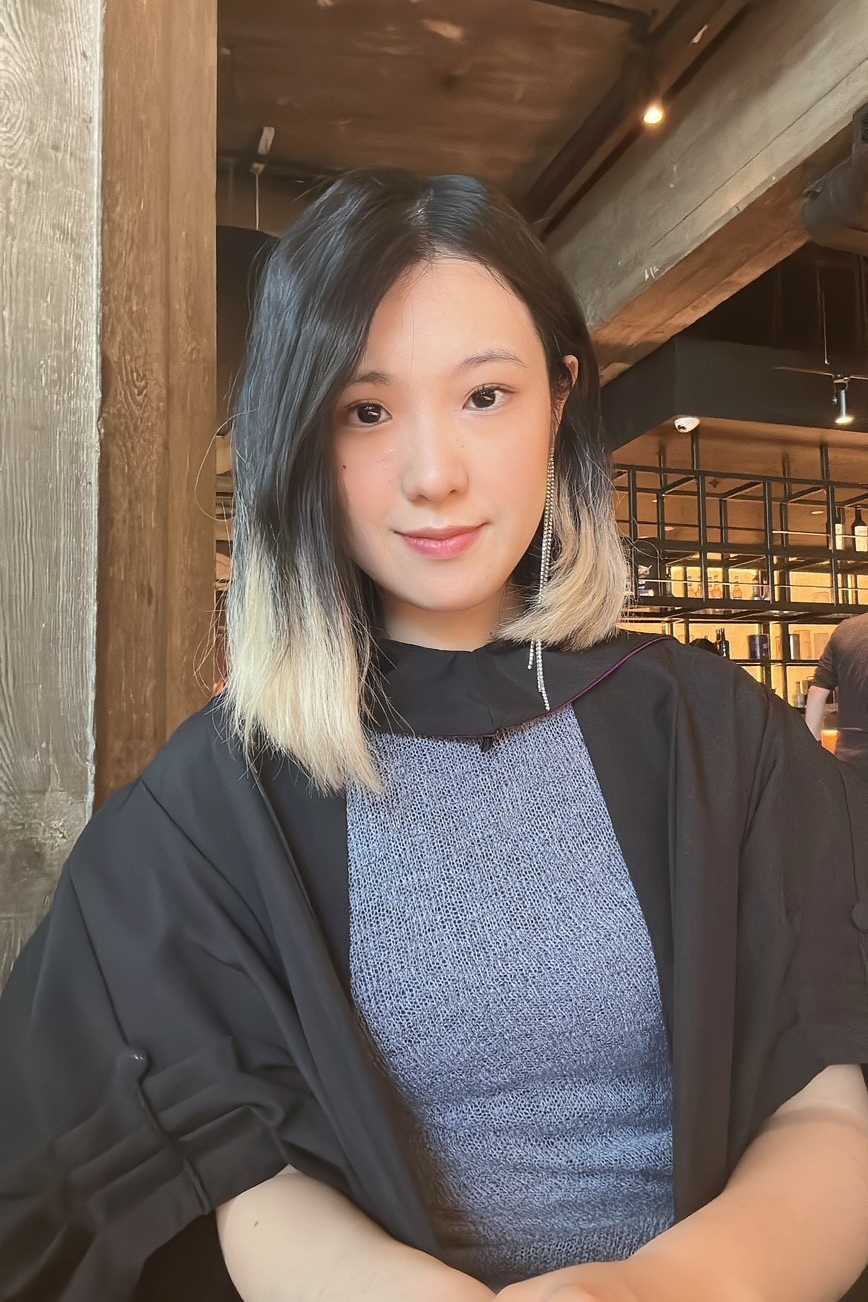Zexin Shi - Msc Immunology
 Why did you choose to study Msc Immunology?
Why did you choose to study Msc Immunology?
I chose to study MSc Immunology at Imperial College London primarily due to my background in pharmacology in my undergraduate studies. The fundamental role for a drug was aiding the immune system to fight or supressing the system to become autoimmune. The complex interactions within the human body means a good scientist in the field of medical or biological sciences should have a decent knowledge to many aspects of biology and related subjects (includes but not limiting laboratory skills, cellular biology, genetics, infection and inflammation, molecular biology). The nature of immunology, as a multidisciplinary field deals with this perfectly. Imperial and its reputation as one of the top ten universities worldwide, I applied without hesitations.
What has been your favourite part of the course?
Is hard to pick one favourite part of the course, I found each module to be helpful in its own way. If I must pick, I want to highlight the programme’s structure. From how to properly dissect and construct scientific paper, to taught by elite professionals that is top of their field. Additionally, the course recognises the importance of practical learning (labs and course work) over taught lectures followed by exams. Despite entering the course with minimal we-lab experience, within the first two weeks, I had acquired essential lab skills. Particularly, the last 6 months (extended research project) of this course had offered me a chance to pick projects based on my favourites and gain experience of the real likeness of working as a scientist in a laboratory. Regardless the starting point or past experience this course has suited me to become a very competitive candidate either as lab scientist or work closely within the disciplinary.
What was the topic of your extended laboratory research project?
My research project focuses on ‘CAAR-T cell therapy for Thrombotic Thrombocytopenic purpura (TTP)’, a proof of concept study aiming to demonstrate the potential of this therapy as a novel treatment for TTP. The success of CAR-T therapy attracted many attentions in relative recent years, is time for CAR-T technology to evolve further. CAAR-T, where the T-cells is engineered against autoreactive B cells, could this be an ultimate treatment for autoimmune disease?
An essential component of haemostasis and blood clotting is the Von Willebrand factor (VWF). It is vital that after vessel repairment, the clot disassembles to prevent obstruction in vessels, avoiding limited blood flow to organs. VWF, typically broken down by an enzyme called ADAMTS13 however, in TTP patients, an autoantibody known as anti-ADAMTS13 inhibits the breakdown of VWF by targeting ADAMTS13. While current therapies can temporarily restore ADAMTS13 levels, they do not address the root cause: the autoreactive B cells. My project explores an innovative approach to TTP treatment by targeting and eliminating these autoreactive B cells, thereby addressing the underlying issue.
How do you think this programme will impact your career?
I hope this programme will offer me with the flexibility of choosing my career path, rather than constrained by my skill set. Whether pursuing a PhD, becoming a medical scientist, working in sales, or exploring other avenues. Even without completing this programme I’m already able to meet the requirements and key responsibilities of various positions (such as associate scientist in inflammation and cell therapy, biomedical research associate, sales representative), by the end of this programme I’m hoping to exceed those expectations. Ultimately, this program equip me to have the confidence in selecting my career path not only within laboratories setting or academia but also across broad range of related fields.
Do you have any words of advice to students starting the course?
This course is exciting in many ways, from attending the Immunology conference in Belfast and engaging with professionals, conducting lab experiments, but it does get intense. For those without a good foundation in immunology, getting a head start can be incredibly beneficial. I highly recommend ‘Janeway’s Immunobiology, 10th edition’ as an easy to understand and informative source. Start thinking about the careers, noting the skills you want to acquire by the end of the course. When it comes to choosing your extended research project, opt for topics that not only interest you but also offers a wide range of laboratory techniques. Lastly, you will have plenty of help along the way academic or personal, do not be afraid and embrace your challenges. Good luck!